- Nowości
-
Mapy i publikacje
add remove Mapy papierowe add removePublikacje papierowe add remove
-
Nawigacja
add remove Zegary add removeBarometry add removeTermometry , Higrometry, Barografy add removeAreometry (Densymetry) add remove
-
Sygnalizacja
add remove Lampy Nawigacyjne, Szperacze add removeŻarówki add removeLatarki add removeZnaki dzienne add remove
-
Środki ratunkowe
add remove Kamizelki add removeTratwy add removeKombinezony ratunkowe add removePirotechnika morska add removeKoła, Pławki, Tyczki add removeUprzęże, Linki, Taśmy Bezpieczeństwa add removeReflektory radarowe add removeBosaki, Wiosła add remove
-
Elektronika morska
add remove Radiotelefony add removeOdbiorniki Pogody add removePLB / AIS MOB, OLAS add removeRadiopławy, Transpondery add removeWiatromierze add removeAkcesoria add remove
-
Sprzęt pożarowy
add remove Akcesoria add remove
-
Wyposażenie pokładowe
add remove Drabinki Pilotowe, Ewakuacyjne add remove
- Nowości
-
Mapy i publikacje
add remove Mapy papierowe add removePublikacje papierowe add remove
- Nawigacja add remove
- Sygnalizacja add remove
- Środki ratunkowe add remove
- Elektronika morska add remove
- Sprzęt pożarowy add remove
-
Wyposażenie pokładowe
add remove
Guidelines for the Development of Shipboard Marine Pollution Emergency Plans (SOPEP), 2010 Edycja
Regulation 37 of Annex I of MARPOL requires that oil tankers of 150 tons gross tonnage or more and all ships of 400 tons gross tonnage or more carry an approved shipboard oil pollution plan (SOPEP). The International Convention on Oil Pollution Preparedness, Response and Co-operation, 1990, also requires such a plan for certain ships.
Regulation 17 of Annex II of MARPOL makes similar stipulations for all ships of 150 tons gross tonnage and above carrying noxious liquid substances in bulk: they are required to carry on board an approved marine pollution emergency plan for noxious liquid substances. The latter should be combined with a SOPEP, since most of their contents are the same and the combined plan is more practical than two separate ones in case of an emergency. To make it clear that the plan is a combined one, it should be referred to as a shipboard marine pollution emergency plan (SMPEP).
The Guidelines for the Development of Shipboard Marine Pollution Emergency Plans have been developed by IMO to help Administrations and shipowners meet these requirements. Specimen formats are included.
References in this edition have been updated to reflect revised Annexes I (regulation 37) and II (regulation 17) of MARPOL.





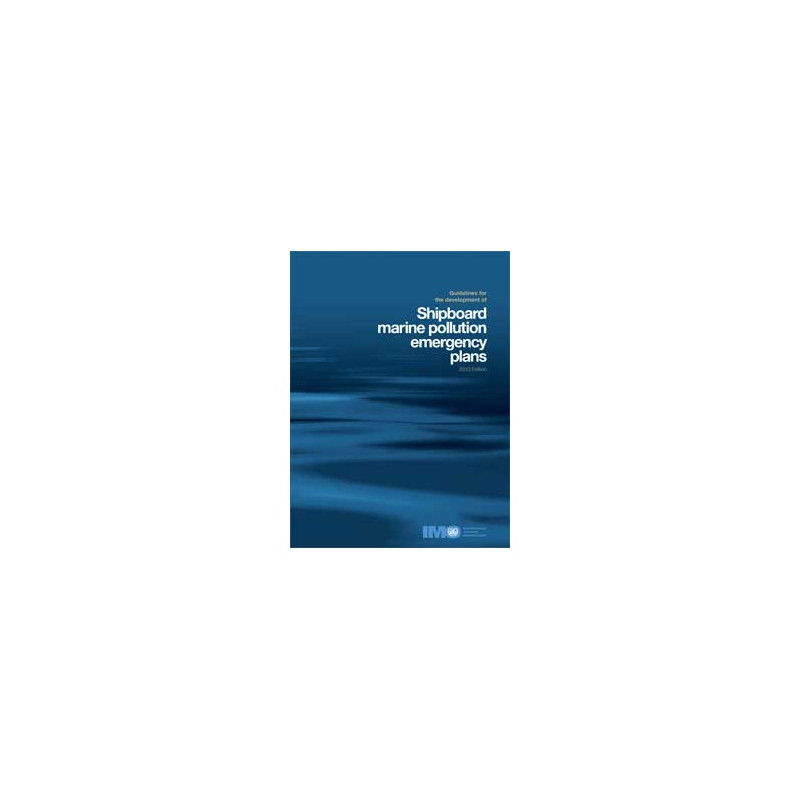

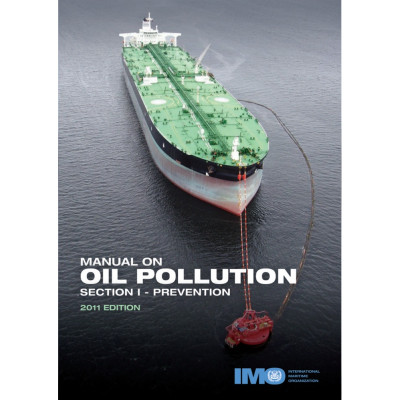
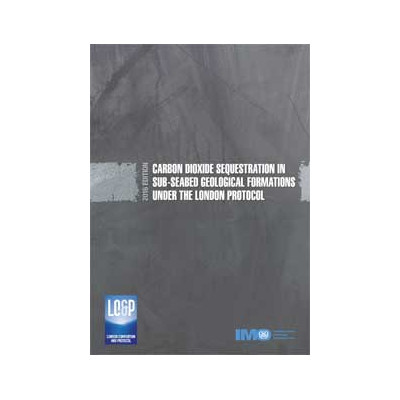
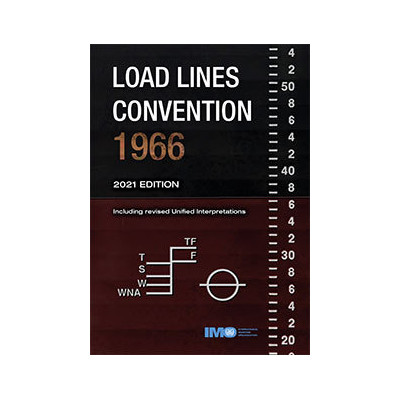
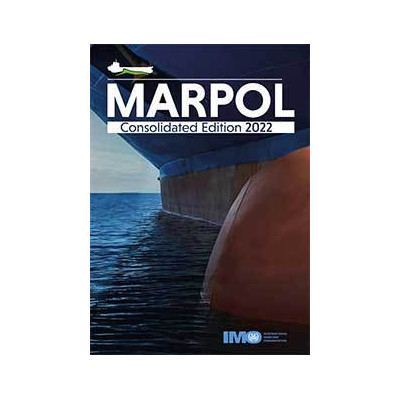
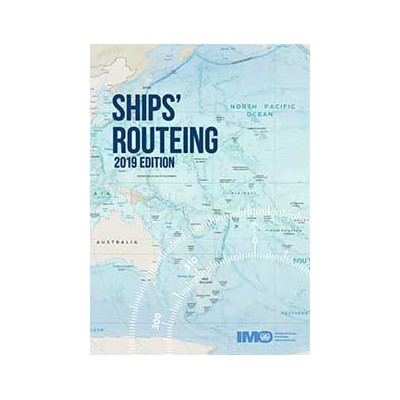
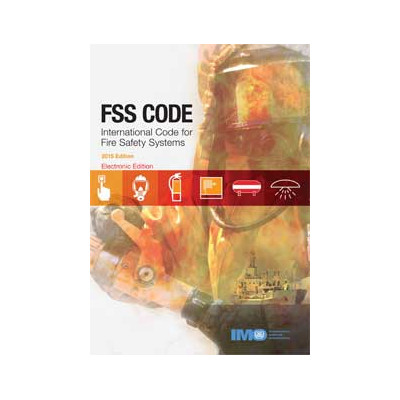
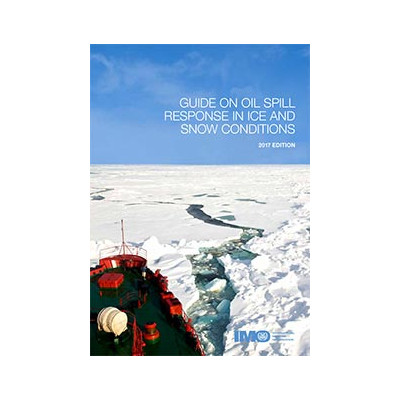
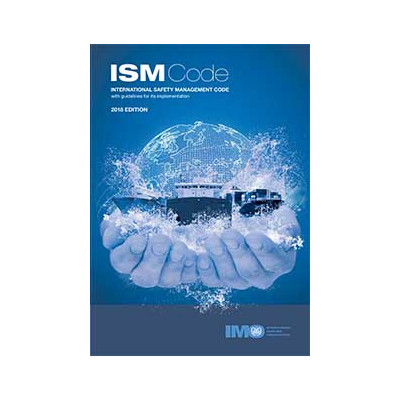
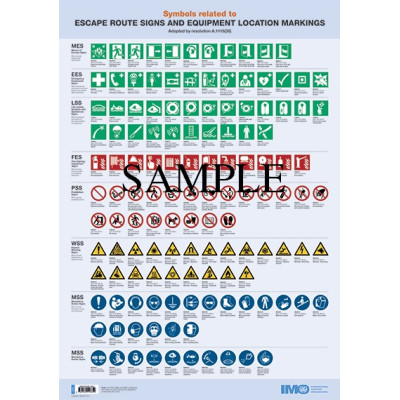
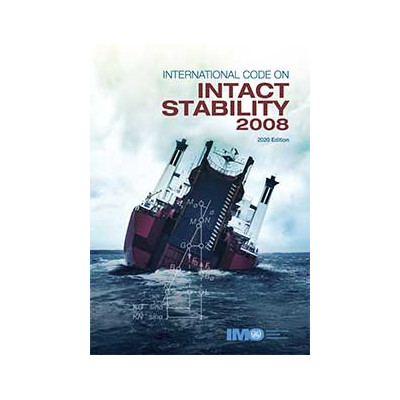
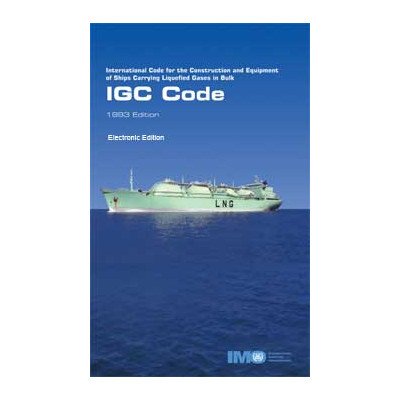
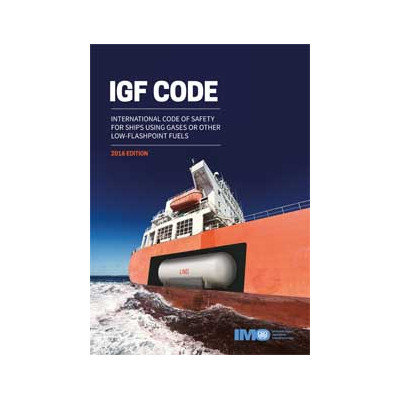
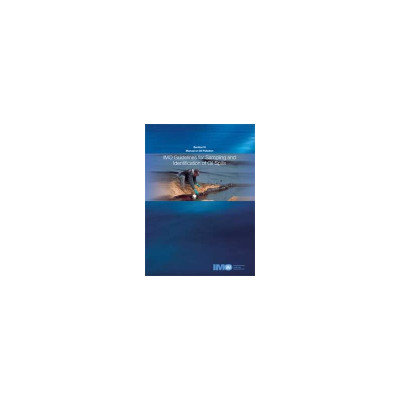
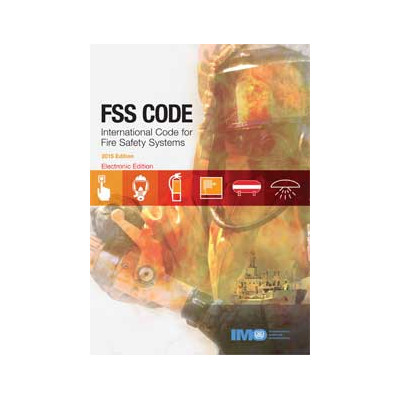
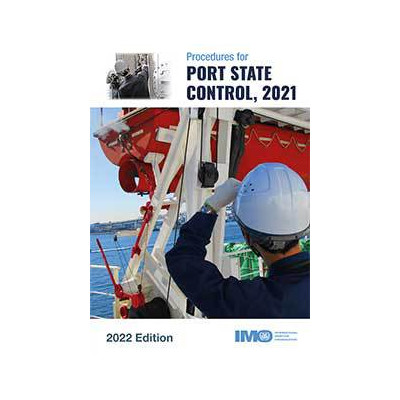
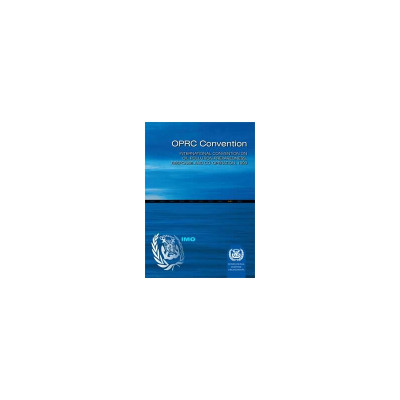
 Cookies
Cookies